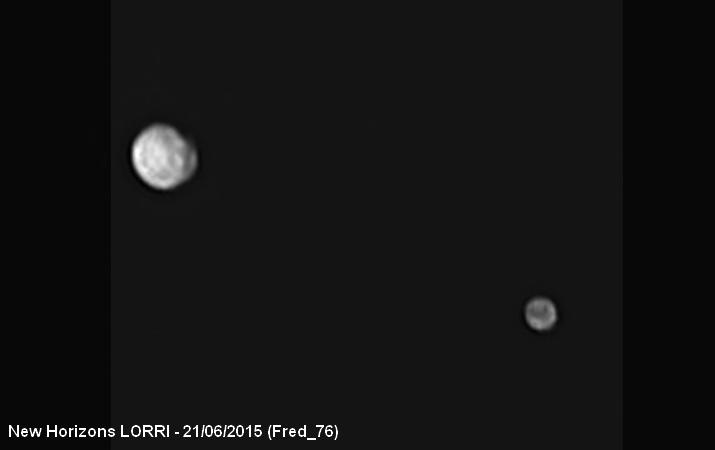No, it has to do with scale. Like if the Pillars of Eternity are 100K times as far from Earth as Pluto is, but it's 100MM times larger than Pluto, then we're going to be able to get a picture 1000 times clearer. Those aren't the right numbers, but you get the idea.
Jesus, how big was the Kickstarter?








